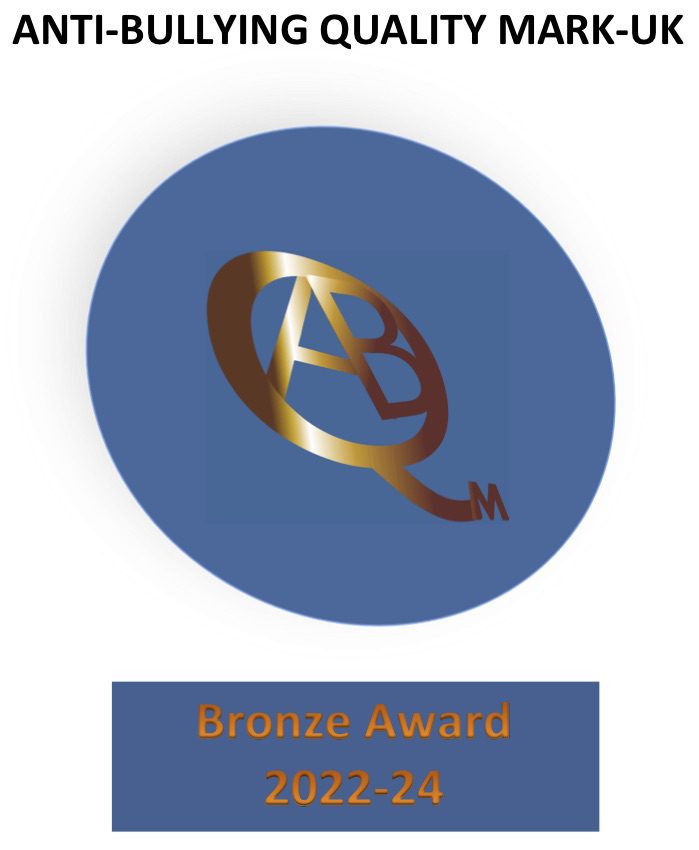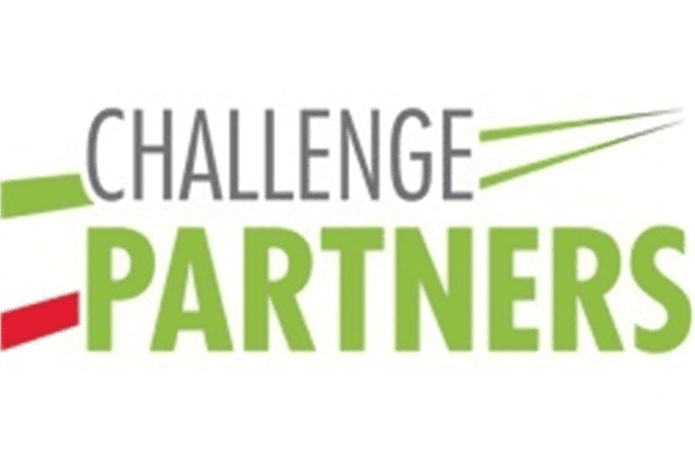INTERNET SAFETY’S 5 TIPS FOR CREATING A CYBERSAFE HOME™
This generation of parents is the first to face the challenge of helping our children make the most of their virtual space while keeping them safe in it. If you’re still getting your footing in virtual parenting, don’t worry. InternetSafety.com has the following tips to help ensure that your child’s online experience remains positive.
1. Become a net-savvy parent
The best safeguard against online dangers is being informed. Jump in and learn the basics of the Internet—read articles, take a class, and talk to other parents. A good place to start with some basics is www.LearnTheNet.com. A good place to stay current with the latest in online technology is mashable.com. You don’t have to be an expert to have a handle on your child’s online world.
2. “Chat” with your children
Develop an open dialogue so that you can talk with your children about the benefits and dangers of the Internet. Cultivate an interest in their online activities—their favourite Web sites, online games, and interests. And don’t be afraid to ask your children who they are talking to online and what they are talking about.
3. Agree on a game plan
Use the InternetSafety.com Gameplan™ to formally agree on your family’s guidelines for using the Internet. Post them near the family computer as a reminder. Ensure that your children know to never share personal information on the Internet and that they should tell you about any online activity or contact that makes them uncomfortable.
4. Protect your computer
Take advantage of the software that exists to help parents manage their children’s computer experience. In only a few minutes, parental control software like Safe Eyes can block inappropriate websites, restrict the amount of time that your children use the Internet and monitor their Instant Messenger chats to protect against predators.
5. Explore the Internet as a family
With a game plan and a protected computer, you can now encourage your family to take advantage of all that the Internet has to offer. Take a genuine interest in what your children are doing and stay engaged with them online.









